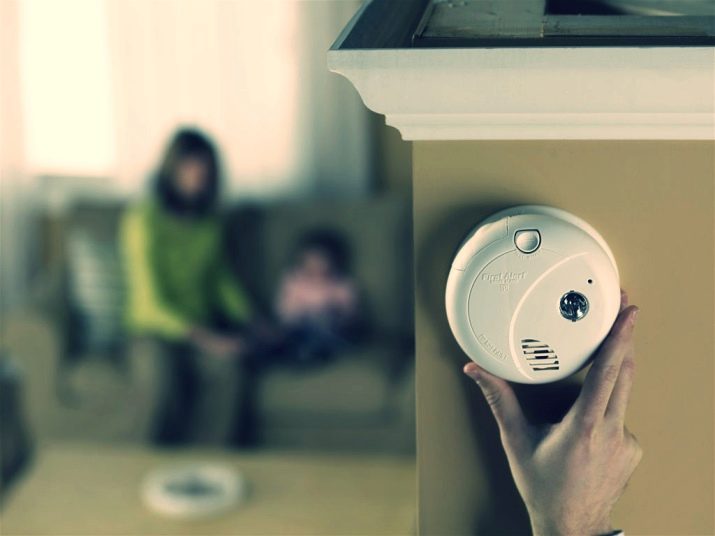All about pyrophobia
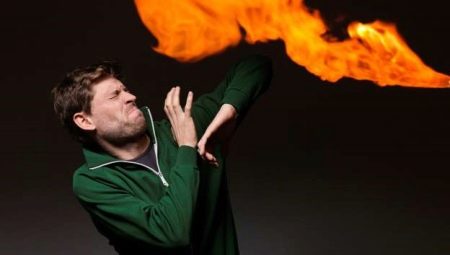
No wonder the wise saying says: "They are afraid like fire." Indeed, who is not afraid of an open flame? Everyone fears him: people and animals. The incinerating force can wipe out entire settlements from the face of the earth, and cause enormous damage to agriculture. The fear of the elements is rational.
However, it must be remembered that there is a limit to everything. When a sense of self-preservation develops into pyrophobia, you need to take it more than seriously.
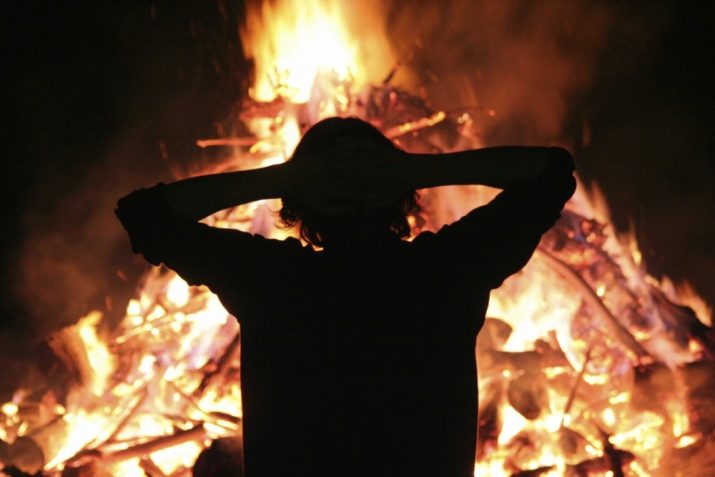
What it is?
When a person experiences the unexplained fear of fire, this fear is called pyrophobia (translated from the Greek "pyro" - fire, and "phobos" - fear). Since ancient times, this phobia has been inherent in humans.
A man faced with fire realized that this is a very dangerous phenomenon. Therefore, this type of fear is embedded in our very depths of consciousness. Even in the modern world, when technology has made great strides forward, there are terrible cases where people die in a fire. And these facts make an indelible impression on some individuals. This is why most people try to stay away from fire sources., since as a result of unforeseen circumstances, you can lose loved ones and property.
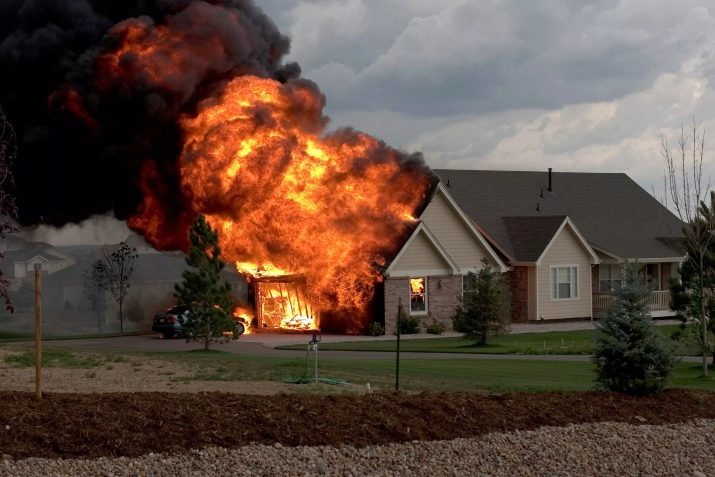
Despite these fears, a person cannot do without a source of fire. We have long been accustomed to heating our homes and preparing food with it. In spite of everything, the fire did not obey the person to the end and sometimes shows its temper. That's why people appear who succumb to panic moods, which leads to obsessive-compulsive disorders.
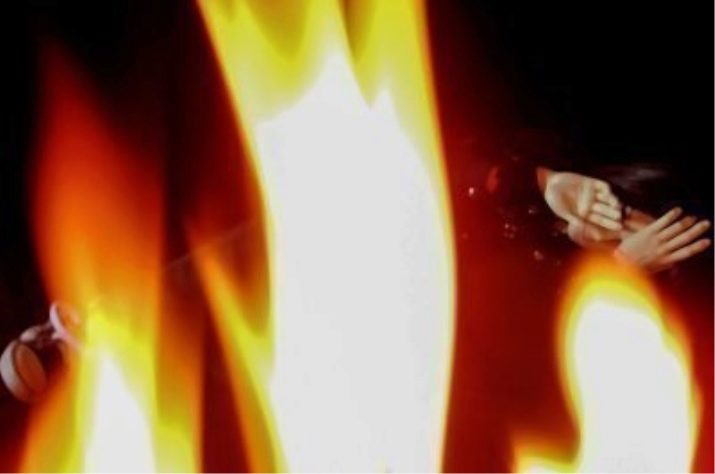
Causes of a phobia
They can be different, but it is worth considering the main ones.
- Hereditary factor... Obsessive states can be passed on to a child from parents. The risks of phobias increase when a person goes through the following periods: adolescence, early adulthood, menopause, and so on. It must be remembered that genetic predisposition is a manifestation of the instinct for a sense of self-preservation.
Parents pass on neuropsychic responses to stress to their children. Especially the development of any phobia, including the panic fear of fire, is influenced by the temperament and individual properties of a certain personality.
- Social factor... It occurs in individuals with a dependent type of character and in those who tend to avoid problems. Biochemical hypotheses and various negative addictions (drug addiction, alcoholism, uncontrolled intake of drugs) can also contribute to the development of phobias.
- Psychological factors. There are a great many of them. They can be as follows: low self-esteem, a tendency to exaggerate everything and see negative in everything, an unhealthy environment in the family (conflicts), isolation from society, various stresses, childhood psychological trauma, anxiety, suspiciousness, and so on.
It should be noted that narcissistic, self-centered and self-confident people practically do not develop phobias. Those who can "shift" problems and blame onto other people always have a strong and good mood.

But psychasthenic states contribute to the emergence of various phobias, including pyrophobia. It must be remembered that all obsessions are the result of long-standing childhood psychological trauma. The fear of fire can arise due to the fact that a child received very severe burns in childhood. In adulthood, as a result of stress and fatigue, his memories emerge and embrace consciousness with renewed vigor, which leads to a phobia.
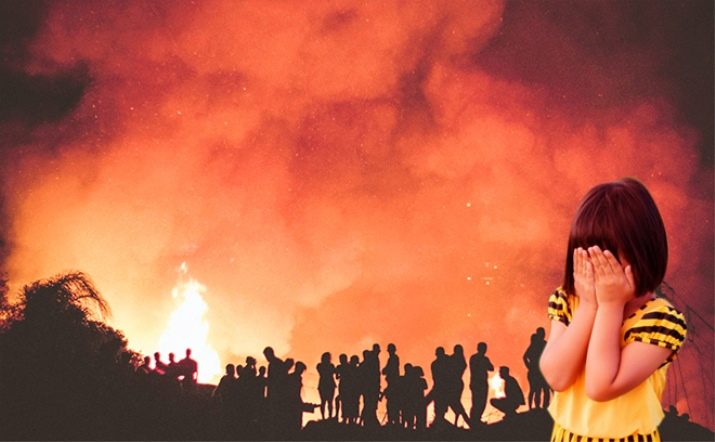
Symptoms
Pyrophobia is a constant irrational fear of an open fire, whether it be a fire or just a bonfire. The details are completely irrelevant to someone experiencing a true phobia. A person cannot even clearly explain why he is afraid of fire. It is enough for him to feel the smell of burning, as he begins to panic.
The manifestations of abnormal fear are hard to miss. Fussiness and nervousness appear in behavior, speech becomes abrupt and confused.
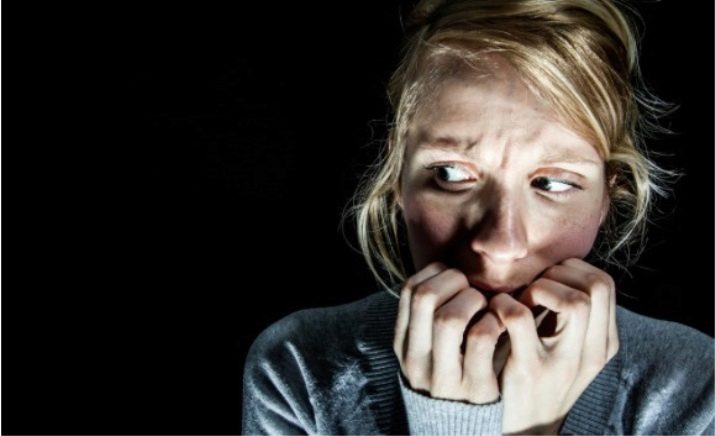
Naturally, this condition affects the further well-being of a person. If the panic continues, the following symptoms may appear:
- shortness of breath and rapid pulse, interruptions in the work of the heart;
- tremor of the limbs;
- increase or decrease in pressure;
- nausea, vomiting;
- discoloration of the skin (become either purple or too pale);
- heavy sweating;
- dilated pupils;
- confusion or loss of consciousness.
When the condition becomes extremely serious, it is necessary to begin a fight against the source of the disease - pyrophobia. And the sooner this is done, the more successful the treatment will be.

Treatment
An integrated approach is important in this matter. You can get rid of fears with the help of a psychologist. He will identify the cause of the appearance of the obsessive state, and then begin to rid you of it through psychological influence. In more severe cases, the therapist will prescribe medication support.
However, if you consider yourself a strong and strong-willed person, then you can get rid of pyrophobia on your own. To do this, you will need to find a hobby, sign up for a sports club, do yoga, do some relaxation classes, drink soothing herbal remedies, or start running long distances.
Exercise is very good at helping to distract obsessive compulsions. But if the case cannot be corrected, then it is better not to risk it and contact a specialist.
So, all methods of dealing with phobias are divided into the following:
- psychocorrection;
- drug treatment;
- alternative or complementary methods.
In very severe cases, the doctor prescribes medicines... They are needed to relieve somatic and psychological symptoms.
Beta blockers are used for treatment. They are used to relieve somatic symptoms. The drugs successfully block stress hormones. This improves the general background, the risks of acquiring a chronic disease recede.

Antidepressants are prescribed for severe cases. By seizing serotonin, they reduce anxiety. Tranquilizers stop vegetative manifestations of anxiety. Antipsychotics are used when a patient develops severe behavioral disorders precisely during attacks of panic, aggression, and suicidal tendencies.
It must be remembered that all medicines are beneficial only when prescribed by a specialist who can determine the exact dosage. With uncontrolled and self-administration of pills, unforeseen circumstances may arise that will lead to negative consequences and even death.
Psychotherapeutic assistance is no less effective, but does not cause side reactions of the body. It includes treatment using neurolinguistic programming, a rational method of psychotherapy, hypnosis, and a cognitive-behavioral method. It is necessary to understand that in psychotherapy, mutual understanding between the patient and the specialist is important. In this case, there must be a complete exchange of information, experiences.
Then they are processed and various situations are modeled. In this case, there is psychological information, when the doctor gives the patient full information about his disease.

Thanks to this approach, a person begins to understand the nature of his phobias, which makes it possible to identify the cause of their development. In addition, simultaneously with this method of approach, the specialist conducts counseling, which is aimed at studying practical knowledge, in the future the individual can use it in critical situations.
It is consultations that provide the patient with the opportunity to learn how to correctly perceive their fears and choose tactics during a crisis. And also at the same time there is a study of the self-esteem of the individual's personality, which helps to get rid of anxiety.
Quite simple but effective methods will help to reduce the level of anxiety:
- study with the help of special literature all the actions that need to be performed if a fire starts;
- install fire detectors in the house (apartment), signaling the beginning of smoke; have fire extinguishing agents available;
- always take precautions.
